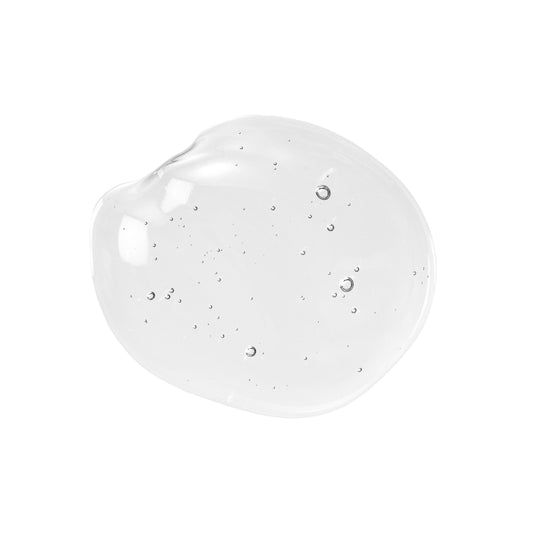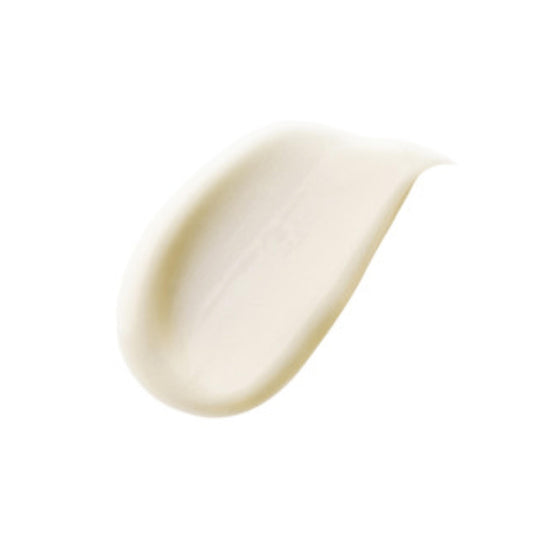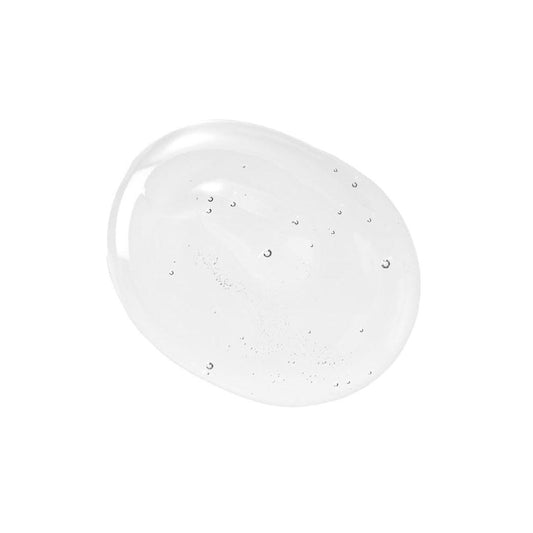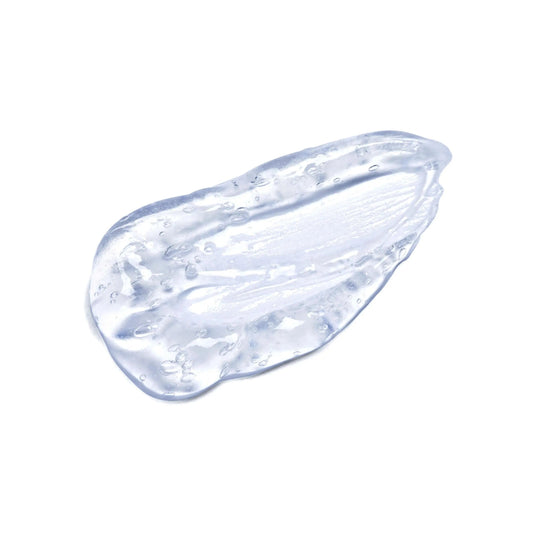In Australia, the cosmetics industry is regulated by the Therapeutic Goods Administration (TGA). This article provides an overview of the Australian cosmetic laws and how they apply to both consumers and businesses.
If you're thinking of starting your own cosmetics business, or you're just interested in knowing more about the laws that govern the industry, this article is for you.
What Are the Australian Cosmetic Laws?
The Australian Cosmetic Laws are a series of regulations and acts that govern the use of cosmetics in Australia. The laws are designed to protect the health and safety of consumers, and ensure that all cosmetics sold in Australia meet a certain standard of quality and safety.
There are a few different acts that make up the Australian Cosmetic Laws, including the:
-Therapeutic Goods Act 1989
-Good Manufacturing Practice (GMP) Standard for Cosmetic Products 2007
-Cosmetic Ingredients Declaration (CID) Standard 2009
Each of these Acts has its own specific regulations that must be followed by anyone manufacturing or selling cosmetics in Australia.
What Do the Australian Cosmetic Laws Regulate?
The Australian Cosmetic Laws regulate a range of activities, including:
-The importation of cosmetics into Australia
-The manufacture of cosmetics in Australia
-The sale of cosmetics in Australia
-The advertising and promotion of cosmetics in Australia
Generally speaking, the Australian Cosmetic Laws are designed to ensure that all cosmetics sold in Australia are safe and meet certain quality standards.
What Are the Exceptions to the Australian Cosmetic Laws?
There are a few exceptions to the Australian Cosmetic Laws, which are as follows:
*Products that contain therapeutic ingredients or are designed to provide therapeutic outcomes (such as sunscreen, anti-inflammatories, acne medications, etc).
*Products that have been specifically exempted from the legislation by the Minister for Health. This includes items such as hair dyes that contain eternal ammonia and products used in salons.
What Are the Future Prospects of the Australian Cosmetic Laws?
So, what are the future prospects of the Australian Cosmetic Laws? Well, it's hard to say. On one hand, the current laws are working well and there's no need for major change. On the other hand, some people feel that they're too restrictive and are preventing new and innovative products from hitting the market.
It's also worth noting that the Australian Cosmetic Laws are constantly being reviewed by the government, so it's possible that they could be amended or replaced in the future. So far, there hasn't been any indication that this is going to happen, but it's definitely something to keep an eye on!
Conclusion
It is important to be aware of the Australian Cosmetic Laws, and to make sure you are following them when selling or producing cosmetics. If you are unsure about what is and isn't allowed, it is best to speak to an expert.
So, what does this all mean for consumers? Essentially, it means that you can trust that all cosmetics sold in Australia have been assessed for safety and are compliant with the Australian Cosmetic Laws. This is particularly important when it comes to ingredients, as many cosmetics (particularly those from overseas) may not meet Australian safety standards.




